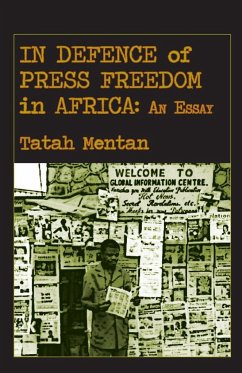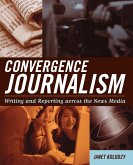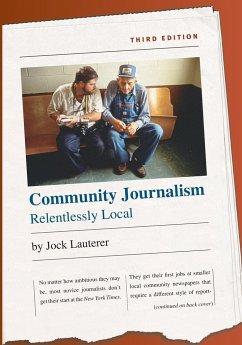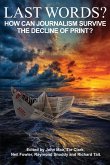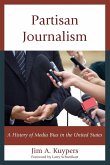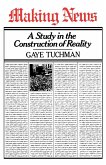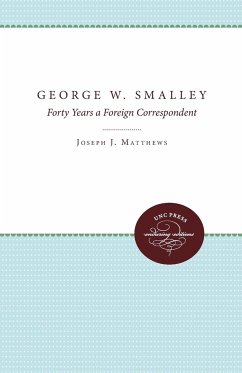When Africa stumbled into independence in the 1960s, the blossoming of newspapers of nearly every political persuasion was widely hailed as a critical stepping stone toward true multiparty democracy. However, rather than marking a clean break with an authoritarian past, the era of multiparty politics in Africa has been a time of increased hardship and repression for journalists who dare criticize powerful incumbents. Media repression continues to rise. After decades of retreat, authoritarian regimes are using social media and other sophisticated systems in a new era of repression to thwart democracy and trample human rights. For consecutive decades, the state of freedom has declined - more people in more places face more repression. While systemic torture in war-torn Somalia and the return of a military dictatorship in Egypt captured headlines, there is also widespread, insidious and 21st-century style surveillance elsewhere with abuse or imprisonment or both of political activists. For the media to play its role as priests of democracy, Tatah Mentan maintains that media freedom must be rigorously defended as integral to the democratic way of life.
Hinweis: Dieser Artikel kann nur an eine deutsche Lieferadresse ausgeliefert werden.
Hinweis: Dieser Artikel kann nur an eine deutsche Lieferadresse ausgeliefert werden.

